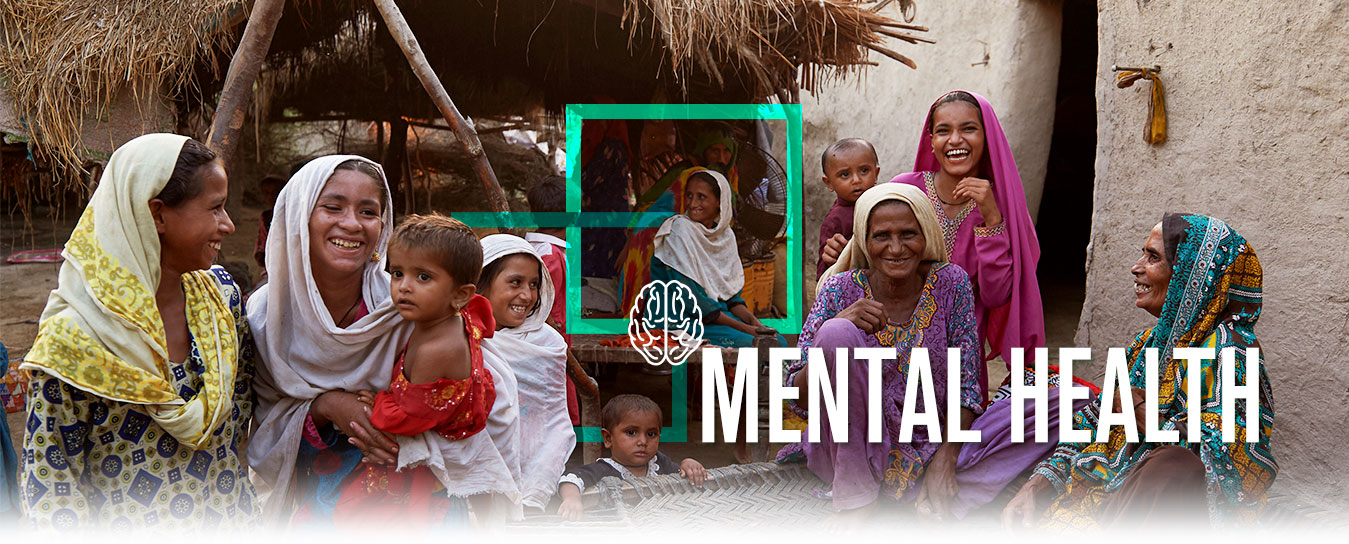
1
2
3
4
5
6
7
8
9
10
Pakistan’s healthcare system faces a myriad of challenges; low financing, lack of specialized services, inequitable distribution of available resources and fragmented service delivery. Rapidly rising COVID-19 cases increased the burden on healthcare providers to treat patients and to provide up-to-date information in a constantly changing health landscape.
A very clear need emerged for integrated mental health and contextual home management of COVID-19.
Pursukoon Zindagi (“Peaceful Life”), IRD’s Mental Health Program, used a stepped care approach, training lay counsellors to remotely provide integrated physical and mental health patient consultations through proactive calls, a mental health reactive helpline, one-on-one counselling (phone or video based) and peer WhatsApp-based support groups.
The program’s three pronged approach to provide integrated COVID-19 and mental health counselling included:
Through this integrated effort, PSZ has been able to reach thousands of vulnerable people in need of support, and improve the capacity of 78 health workers to remotely provide integrated physical and mental healthcare.
With mental health officers making proactive calls to COVID patients, over 42,000 patients who tested for COVID-19 were provided support during their isolation or quarantine period. The mental health helpline received over 1,100 calls from community members to avail support, with the team supporting over 1,000 frontline workers through partnered webinars, check-ins and peer support groups.
IRD co-founded the Pakistan Mental Health Coalition in response to the mental health burden of COVID-19 along with Aga Khan University Hospital, British Asian Trust, Taskeen, Sehat Kahani and Saaya.
